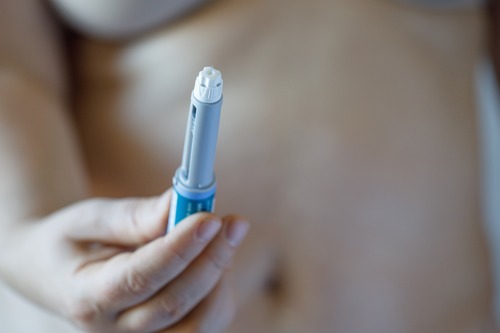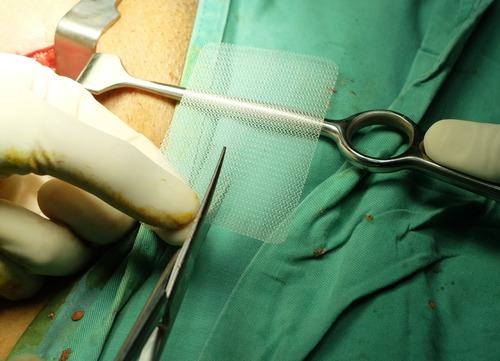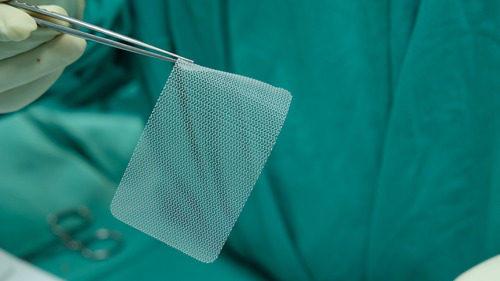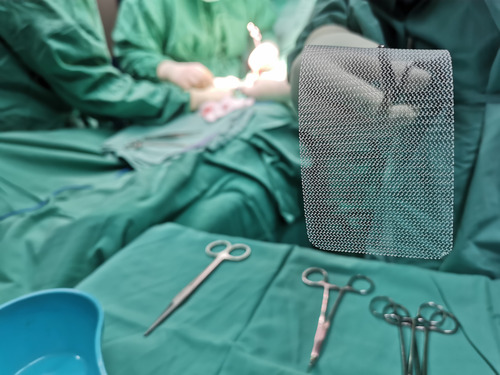Tesla’s self-driving cars have been in the news lately, with many asking whether their failures on delivering their promises qualify for a class action lawsuit. Today, we’ll explore whether Tesla’s self-driving cars have failed and, if so, whether this allows the consumers to file a class action suit and the criteria of such suits in general.
For any mass tort case, feel free to reach out to the Class Action Coalition for a free consultation and legal action without any upfront payment. Our lawyers for class action can help you get compensation for your suffering!
For now, let’s see if Tesla’s case (and similar cases) qualify for such a suit.
Tesla’s Failure & The Possibility Of A Class Action Suit
First, we need to define what we mean by “failure.” A failure can mean different things to different people, but generally, it refers to an act or occurrence that leads to a negative outcome. In the context of Tesla’s self-driving cars, a failure would likely involve something going wrong and causing the vehicle to crash.
So far, Tesla’s self-driving cars have been involved in two accidents. The first occurred in May this year when a Tesla Model S collided with a truck while the car was in self-driving mode. The second accident happened in November this year when a Tesla Model S crashed into a utility pole while in self-driving mode.
In both cases, the cars were driving on presumably well-maintained roads and in well-lit areas. In both cases, the driver of the Tesla Model S was reportedly using the car’s self-driving mode at the time of the accidents.
What Are Class Action Lawsuits?
Class action lawsuits involve a group of people who are being (or have been) harmed by the same company or product; these victims can band together and sue the company as a group.
Class action lawsuits are decided by a judge or jury, and if the plaintiffs win, the company is typically required to pay damages to all of the plaintiffs.
In general, class action lawsuits are designed to redress the losses of a large group of people. To qualify for a class action lawsuit, the losses must be widespread and individual damages must be difficult or impossible to recover.
In the context of Tesla’s self-driving cars, the two accidents that have been reported would likely qualify. However, it’s still possible that additional accidents will be reported in the future, and it’s also likely that Tesla’s self-driving cars will work as intended (after an update, let’s say).
Do Tesla’s Self-Driving Car Failures Qualify For A Class Action Suit?
Regarding self-driving cars, Tesla has been plagued with failures. But do these failures qualify for a class action suit? Tesla’s self-driving cars have been involved in several high-profile accidents, including one that resulted in a fatality.
These accidents have raised serious questions about the safety of Tesla’s self-driving technology. Some experts have suggested that Tesla’s self-driving technology is not ready for prime time and that the company is accountable for the accidents.
Others have argued that self-driving cars are inherently dangerous and that no amount of technology can make them safe.
Let’s take a look at the facts!
Tesla’s self-driving technology is based on a combination of radar, cameras, and sensors. The system is designed to identify road objects and pedestrians and automatically brake or swerve to avoid collisions.
However, the system has been known to fail. In some cases, the car has failed to break or swerve when it should have, resulting in collisions. In other cases, the car has mistakenly identified objects as pedestrians, leading to accidents.
Tesla has acknowledged that its self-driving technology is not perfect. In a statement, the company clearly said that “it is impossible to achieve perfection” and that “there will always be a risk of accidents.”
However, some experts say that Tesla’s self-driving technology is more dangerous than the company admits. They point to the fact that Tesla’s cars have been involved in more accidents than other self-driving cars on the road.
Filed Class Action Lawsuits Against Tesla
In September 2016, Tesla Motors released its much anticipated Autopilot feature in an over-the-air software update to existing Tesla Model S and Model X vehicles.
The Autopilot feature included, among other things, Tesla’s “Autosteer” function, a form of adaptive cruise control designed to keep the car within its lane. Tesla’s Autopilot feature was marketed as a “self-driving” feature, and Tesla encouraged its customers to use the Autosteer function while driving.
However, within months of the release of the Autopilot feature, it became apparent that Tesla’s Autosteer function was not as safe as Tesla had advertised. In particular, there were several high-profile accidents involving Tesla vehicles that were using the Autosteer function, including a fatal accident in Florida in which a Tesla Model S drove under a semi-truck trailer, killing the Tesla driver.
In the wake of these accidents, it became clear that Tesla’s Autosteer function was not as safe as advertised, and that Tesla had failed to adequately warn its customers of the risks associated with using the Autosteer function.
As a result, several Tesla customers who were involved in accidents while using the Autosteer function have filed lawsuits against Tesla, alleging that Tesla is responsible for their injuries or the death of their loved ones.
Requirements For Class Action Lawsuit In The United States
If you or maybe someone you know has been involved in an accident while using Tesla’s Autopilot feature, you may be wondering whether you can join the class action lawsuit against Tesla.
The answer to this question depends on several factors, including whether you live in the United States and meet the legal requirements to be a part of the class action lawsuit.
To be eligible to join a class action lawsuit, you must have been involved in an accident while using the Autopilot feature, and you must have suffered injuries or damages due to the accident.
If you meet these requirements, you can join the lawsuit by contacting a lawyer for class action lawsuits. If you do not live in the United States, you may still be able to join the class action lawsuit against Tesla if you were involved in an accident using the Autopilot feature.
Let A Qualified Team Of Lawyers For Class Action Help You!
The process for joining a class action lawsuit is complicated, to say the least. If you’re looking to be compensated for your losses in the USA, via a mass tort suit, it is best to speak to our team of lawyers for class action at the Class Action Lawyer Coalition to see where you stand and what can you do next.
Joining a class action lawsuit is a serious decision, and you should only enter the suit if you are sure you have a strong case against the accused party, such as Tesla. Contact Class Action Lawyer Coalition to make sure whether you have a strong case or not.
We are always ready to help; reach out to us now for free case evaluation and initial consultation!







